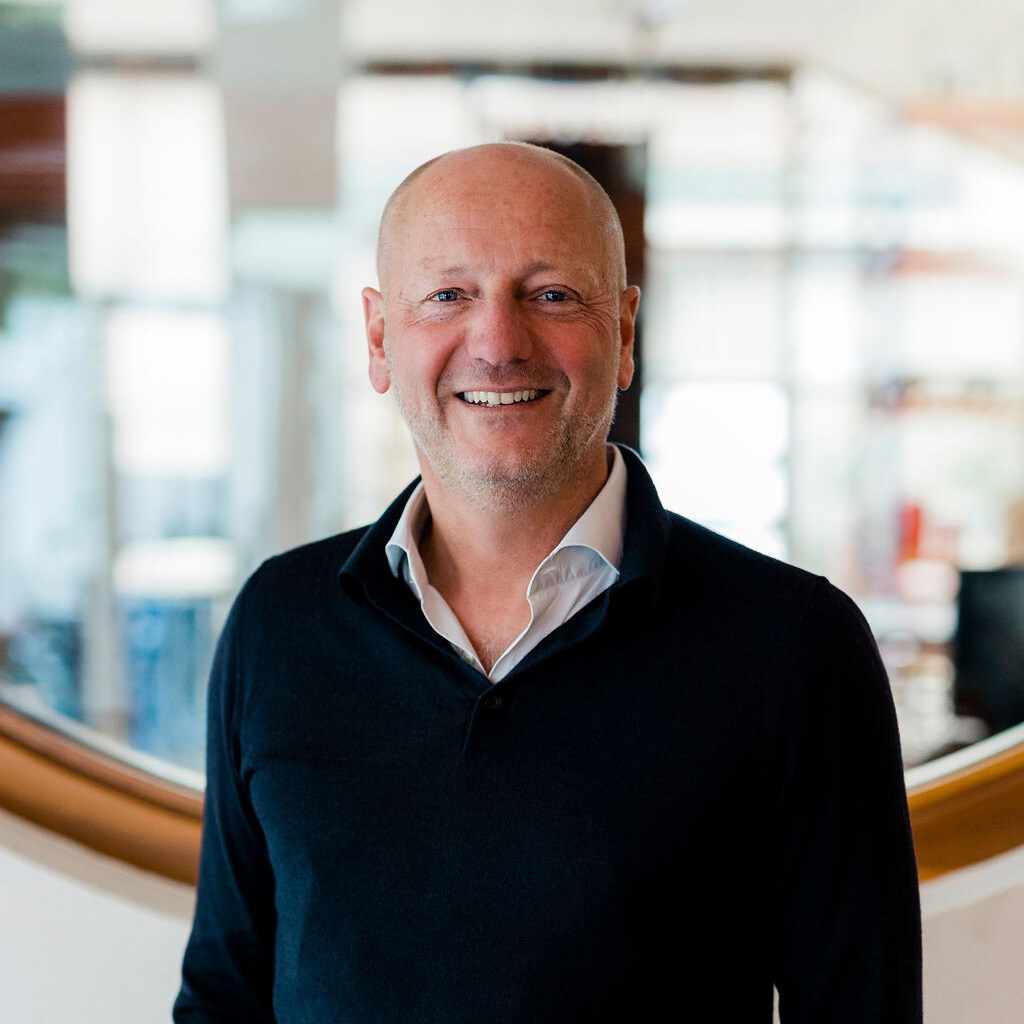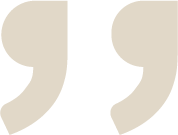Starting a conversation about sustainability is often asking for trouble. Sooner or later complexity and morality creep into the discussion and the conversation dies because of phrases like: it's a drop in the ocean. Or: that plane is going anyway. Or the externalizing killer: yes, but they ... And gone is the willingness to take action. I have a better idea.
For a career, sustainability has played a prominent role in my business and personal life. Over the years, I have seen the tenor in conversations about this theme shift from complicated definition searches ("it's still a catch-all term") to ideological and moral stalemates ("you're doing it wrong"). And even after all these years, I still regularly hear people say that "sustainability has the word 'expensive' in it for a reason." This also seems to cast doubt on the economic feasibility of sustainable initiatives.
The alternative
It could make me despondent. Or lose the green fighting spirit because of it. Were it not for the fact that I - besides being fortunately blessed with an optimistic nature - have discovered an alternative with a more effective and positive result. And it's simple, too. Trading sustainability for circularity produces immediate results.
Circularity is not about right or wrong
Here's the thing. Circularity is not about right or wrong. The concept of circularity, unlike sustainability, is stripped of social or political baggage. Rather, circularity is practical, action-oriented, concrete and focused on closing cycles of raw materials, products or materials. That makes it a technical exercise, a puzzle you can get to work on. Solving it is a challenge.
Clear and manageable
Sustainability is associated with the notion that it is intangible, a many-headed beast, and by now an irreversible and unsolvable problem too big for human hands. The idea of having to save the world makes action shy. When I think about circular solutions, I don't necessarily have to save the world right away. It saves a mountain. By thinking and acting circularly, you also keep it manageable for yourself.
Together with our customers we look at waste streams, for example. One by one and step by step we work towards closing a cycle. Take a pile of paper waste from an office. How big is that mountain? What types of paper does it consist of? How can we reduce the amount of paper waste? And what we are left with, can we come up with a smart and circular solution for this? The great thing is, often we succeed! And when something is successful, the enthusiasm to continue naturally arises.
Measurable
What also helps is measurable results. We humans are conditioned to this. Our society is set up accordingly, from school performance to beauty ideals, whether we like it or not all the time. When it comes to sustainability, measurement often becomes a complex game of indicators, a spaghetti of social, economic and ecological numbers and units. With circular measures, the situation is different. For these types of measures, we can often sharply calculate the environmental gain: we have saved 100 kilotons of waste, for example. And then convert that into CO2 reduction. Measuring is knowing, and knowing leads to improvement.
Profitable
With circular entrepreneurship you can also make economic profit, at least if you do it smartly. If you think creatively and openly, there are countless opportunities for new profit models. Think of sharing platforms, Product as a Service solutions or smart technical possibilities for refurbishment or remanufacturing. The economic gain with circular entrepreneurship is also very logical: a company that produces less waste and uses raw materials more intelligently simply keeps more.
Having a meeting about sustainability soon?
So, are you having a meeting about sustainability in your organization soon? Then you run the risk that this meeting will firstly run considerably over time, possibly lead to division and confusion, or worse, to a foggy follow-up meeting. Tip: quickly change the agenda to: these three circular solutions we are implementing in our company next week!
How other companies are getting started with circularity?
Together with an independent research agency, Milgro conducted research into the state of circularity in Dutch and Belgian companies. Read in our report how other companies are working with circularity in a concrete, manageable, actionable and profitable way.












